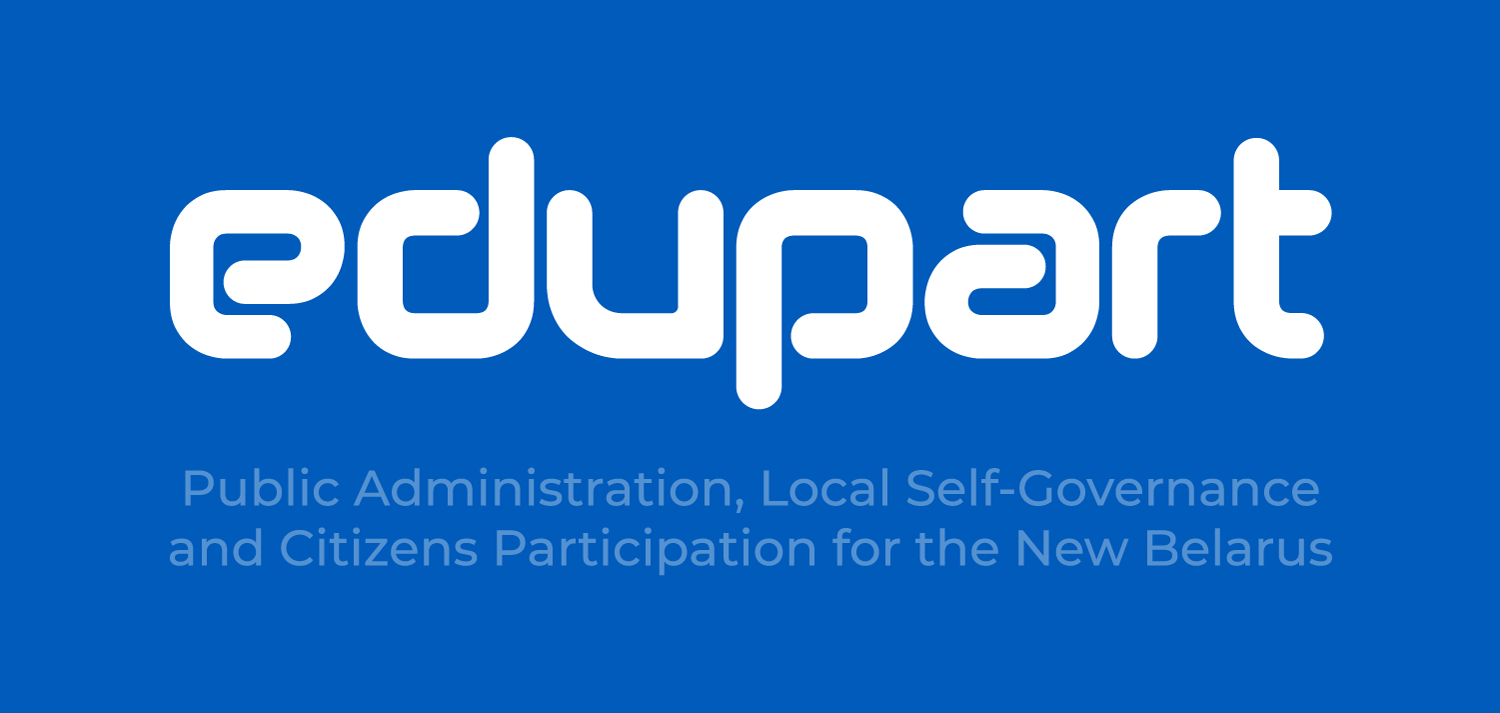
|
|
- Teacher: Eka Akobia
- Teacher: Tina Kuprashvili

|
The course aims to explore in depth the process of Europeanization in central and eastern Europe. The first half of the course will be devoted to an in-depth theoretical and literature review of the European Institutions and the process of Europeanisation of Public Administration processes and subsequent reforms while in the second half, the participants will explore Europeanization via the case studies. This course aims to provide participants with knowledge about the transformative processes that have taken place in Central and Eastern Europe due to this region’s approximation with the European Union, especially in terms of the Europeanisation of public administration processes and subsequent reforms. The course aims at providing a theoretical outlook on the process of Europeanization. At the same time, it will look at different policy areas where euthanization was substantial and will examine case studies of particular countries. This course will also examine the accession process, identifying the main milestones in the EU’s relations with neighboring countries. This course has a very practical objective. It aims to provide the student with practical insights into how the states of Central and Eastern Europe acceded to the European Union. Participants who have taken this course should be able to analyze and compare to each other European Union’s enlargement rounds. |
- Teacher: Eka Akobia
- Teacher: Sergi Kapanadze

The aim of the certificate course is to acquaint participants with information about the principles of public administration and the management of public organizations. Many innovative ideas in the field of public management, such as performance evaluation and others, are mainly based on the models of administration that participants will study during the course. The course is designed in such a way that participants get full knowledge about the formation of different systems and models of public administration and study the principles of public organization management. Besides, they will get information about the public administration development processes in Western European countries, as well as Central and Eastern Europe and Georgia
Topics
- Development of public administration as an independent branch of science
- Theories of organizational management
- Participative management,
- NPM reforms
- Development of public administration in Western Europe
- Public Administration Reform in Central and Eastern Europe
- Using the elements of NPM in public service
- Public administration in Georgia
- Reforms process in Georgia, 2004 - 2022
- Local self-government and decentralization in Georgia;
- Public Private Partnership
- Public policy;
- Development of public policy system in CEE countries.
- Teacher: Eka Akobia
- Teacher: Nino Dolidze